I am trying to modify an XLSX file programmatically using Objective-C.
So far, I am only modifying the data on one of the sheets. The steps I am taking are as follows:
- Copy the XLSX file to Documents folder
- Unzip the XLSX container with keeping the directory structure
- Parse the corresponding sheet XML file (sheet2.xml in my case)
- Add some rows
- Rewrite the XML structure and save it
- Put the updated XML file back into the XLSX container
However, the new XLSX file becomes corrupt. I am using GDataXML for XML parsing/writing and Objective-Zip for zipping/unzipping.
I know that the XML file I have created is proper, because when I manually unzip and the re-zip the corrupt XLSX file, it opens without any errors. I have done this on both OS X (using Unarchiver) and Windows (using 7-Zip).
The problem is either with the Objective-Zip library, or the way I use it. Below is how I implement the zipping method:
ZipFile *zipFile = [[ZipFile alloc] initWithFileName:XLSXDocumentsFilePath mode:ZipFileModeAppend];
ZipWriteStream *stream= [zipFile writeFileInZipWithName:XLSX_WORKSHEET_XML_SUBPATH compressionLevel:ZipCompressionLevelNone];
[stream writeData:data];
[stream finishedWriting];
[zipFile close];
I also tried the other compressionLevel arguments available with no luck:
ZipCompressionLevelDefault
ZipCompressionLevelBest
ZipCompressionLevelFastest
My questions are:
- Which zipping library should I use to create a valid XLSX file programmatically?
- If Objective-Zip is suitable, what is wrong with my code?
From an answer to another question, I found out that: "The OOXML format imposes that the only compression method permitted in the package is DEFLATE".
Is it possible to force Objective-Zip to use DEFLATE? Or is there an open-source iOS zipping library that uses DEFLATE?
